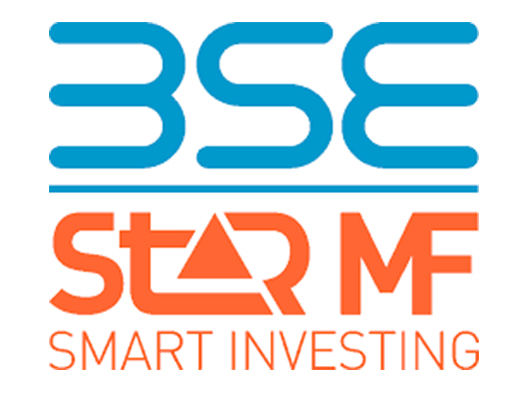SEBI has recently enabled a class of investors called ‘Accredited Investors’. This regulation recognises sophisticated investors, who are well-informed, well-read, and can make conscious choices on investment products. They seek flexibility in making and managing their investments and can manage risk without being constrained by Indian regulations. This model aligns India with other markets such as Canada, Singapore, China, and US’s capital market regulations.
Is this Beneficial to you?
Of all the investment models out there today, we believe that an advisory is the most investor friendly. SEBI has established a strong code of conduct that ensures client funds and stocks are not ‘handed over’ to the ‘producers’. This allows the Investment Advisor to focus on advisory. The client is assured that they have complete transparency and visibility into their holdings at any point in time. Not just to ’see’ but also to exercise control on their holdings and actions related to them. The advisor is kept at arms length, which works well for both parties.
You can seek more flexible terms of billing for the advisory services. From 1 April 2021, SEBI Regd Advisors have to cap fees at 2.50% of the Assets under Advisory (AUA) and may not be able to charge a share of profits if the investments do well. Some investors feel that this may not give sufficient incentive to the advisory to work harder for the client’s growth. This feeling may be misplaced but then some feelings are well, feelings. The new Accredited Investor model allows one to break out of any such perceived restrictions and allows both parties to negotiate on the portfolio linked to various hurdle rates, share in profits made above a certain threshold etc.
How does an investor get accredited:
By applying to “Accreditation Agencies” which are likely to be subsidiaries of depositories like NSDL/CDSL or stock exchanges like BSE/NSE and any other as specified by regulation. Once granted, it would be valid for a period of one year from the date of accreditation.
| RESIDENT INDIANS | |
| Individuals, HUFs & Family Trusts | Anyone of the following: • Annual income greater than or equal to Rs.2 crores • Net worth greater than or equal to Rs.7.5 crores, with financial assets worth at least Rs.3.75 crores • Annual income greater than or equal to Rs.1 crore along with a net worth greater than or equal to INR 5 crores; with financial assets worth at least INR 2.5 crores |
| Other Trusts | AUM greater than or equal to Rs.50 crores |
| Body Corporate | Net worth greater than or equal to Rs.50 crores |
| NON-RESIDENT INDIANS / FOREIGN ENTITIES (numbers are approximately same as that for Resident Indians) | |
| Individuals & Family Trusts | Anyone of the following: • Annual income greater than or equal to $ 300,000 (approx. Rs.2.17 crores); or • Net worth greater than or equal to $ 1 million (approx. Rs.7.24 crores); or • Annual income greater than or equal to $ 150,000 (approx. 1.08 crores) along with a net worth greater than or equal to $ 750,000 (approx. 5.43 crores);with assets worth at least $ 375,000 (approx. 2.71 crores) |
| Other Trusts | AUM greater than or equal to $ 7.5 million (Rs.54 crores) |
| Body Corporate | Net worth greater than or equal to $ 7.5 million (Rs.54 crores) |
Conclusion:
To summarise, Accredited Investors get the following benefits:
Flexibility and relaxation in regulatory requirements: the AI Framework opens up more products and favourable terms for the investor.
Access to financial products offered exclusively to AIs: Investment Advisors and producers can come up with products that suit the customised requirements of Accredited Investors.
The Accredited Investor framework will allow for more focus on less-informed investors, who are otherwise vulnerable to mis-spelling. This removes the ‘one-size fits all’ regulatory approach. While the eligibility criteria of network may not necessarily denote financial acumen, there is no better proxy available other than asking investors to appear for rigorous exams. Hence the model appears to be formalising a Buyer Beware model explicitly for investors with deeper pockets and more sophistication.
Stay updated with the latest market and investment updates. Join Jama Wealth on Telegram, Linkedin, YouTube, Instagram, Facebook, Quora for more!
For high quality investment advice and to grow wealth, download Jama Wealth App on iOS App Store and Android Play Store.






















